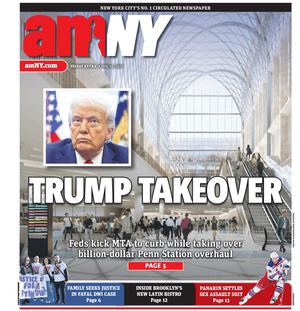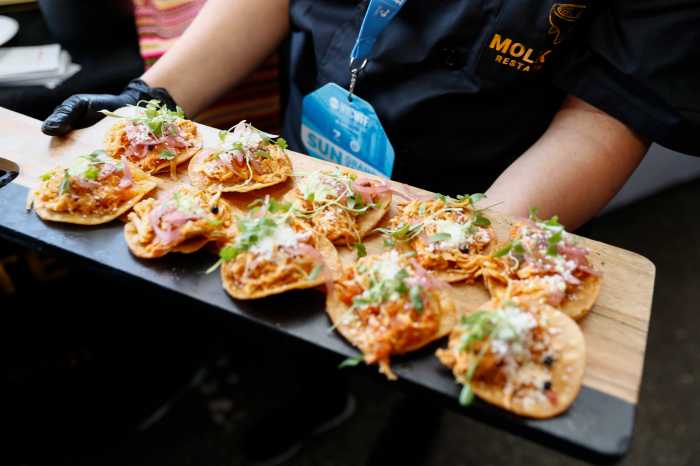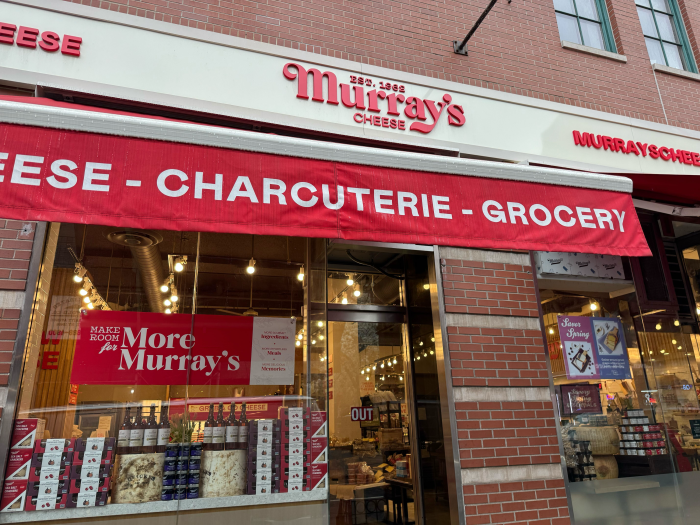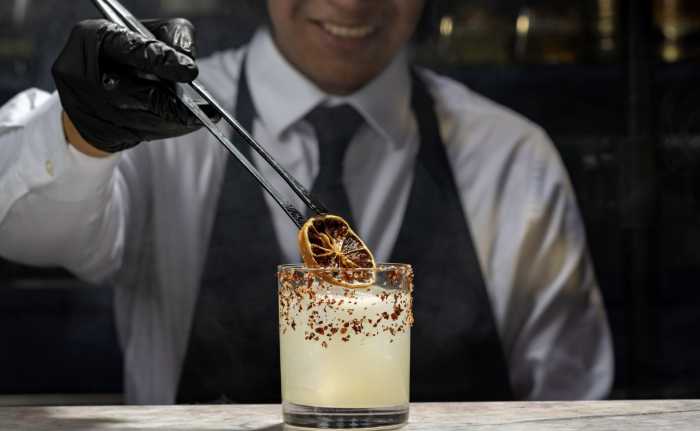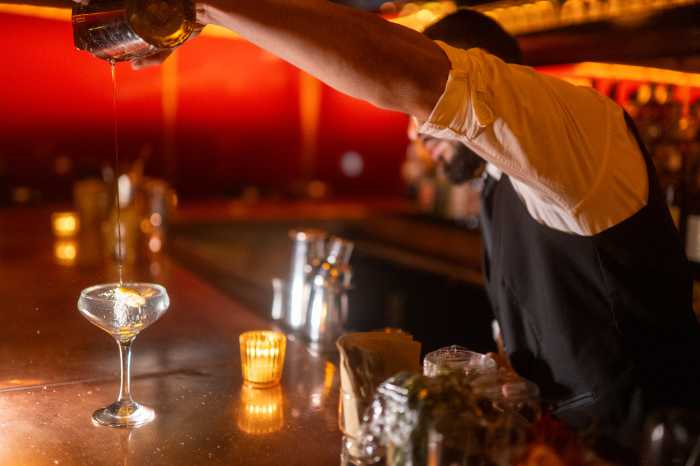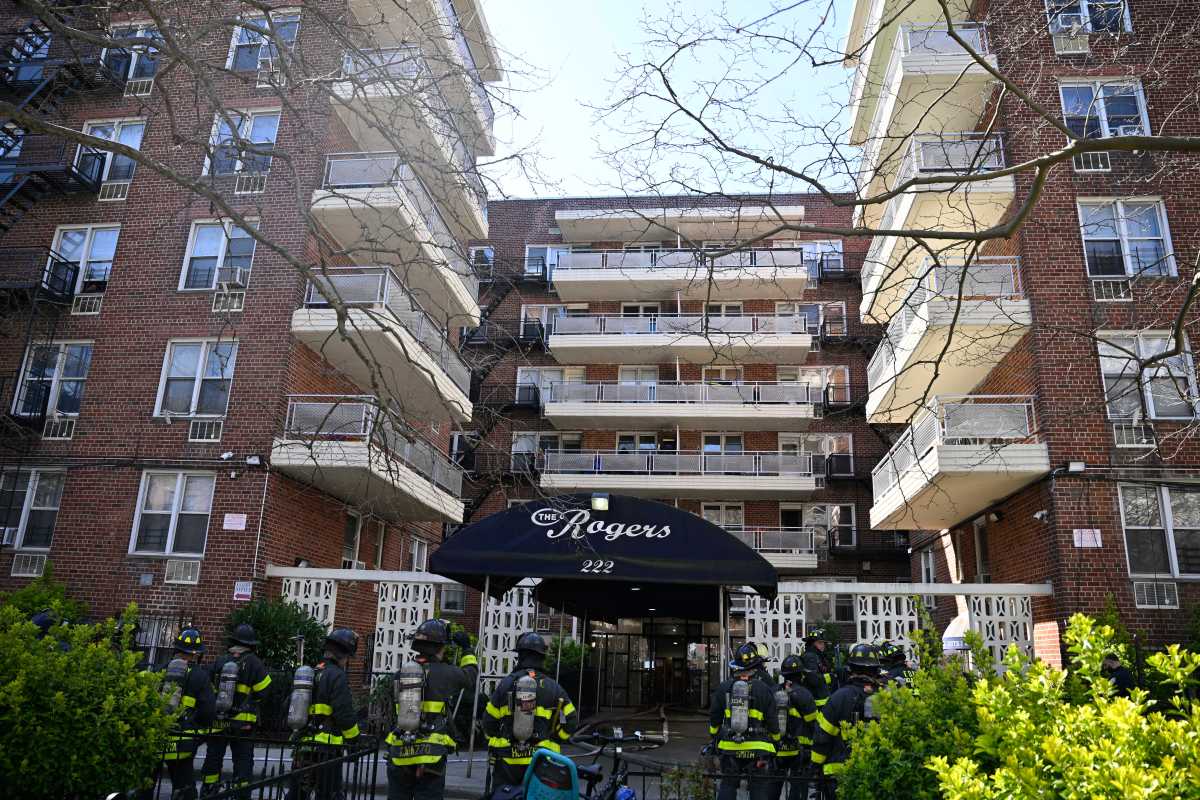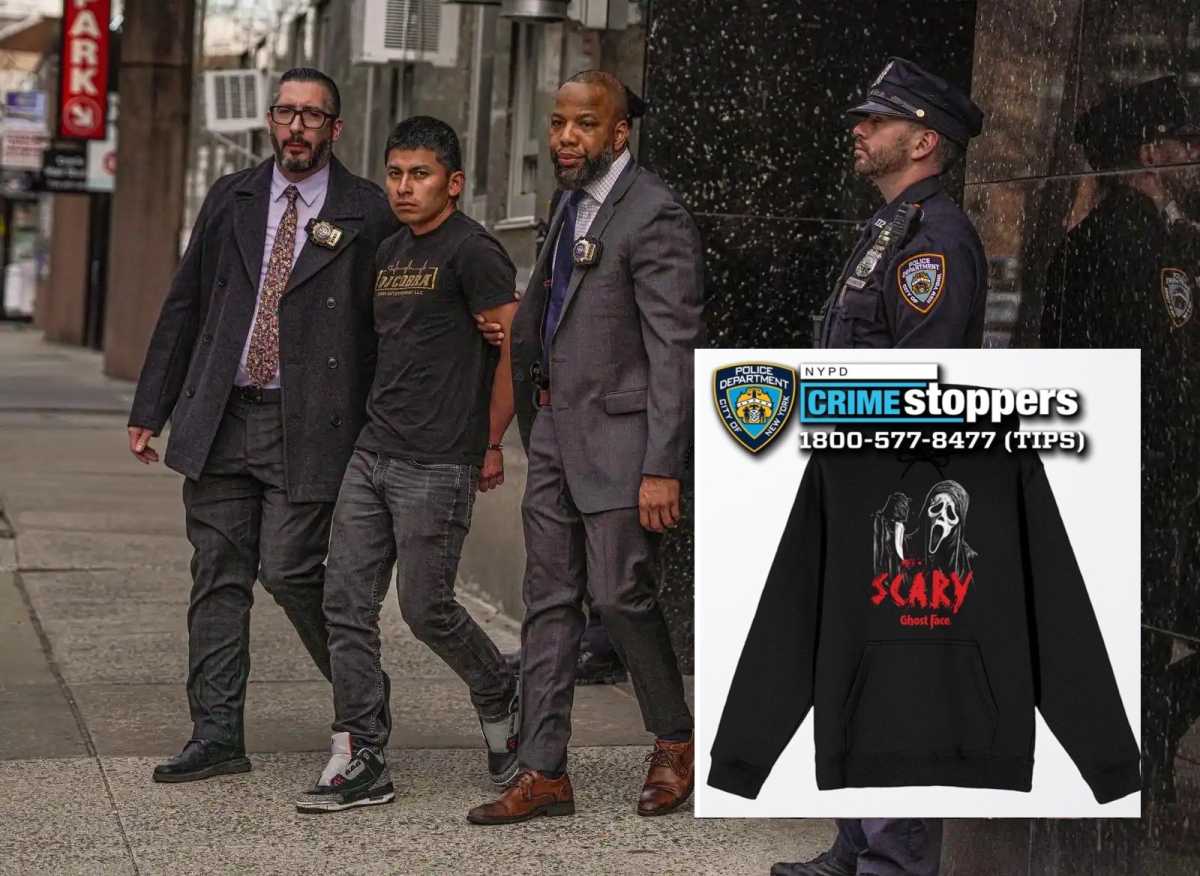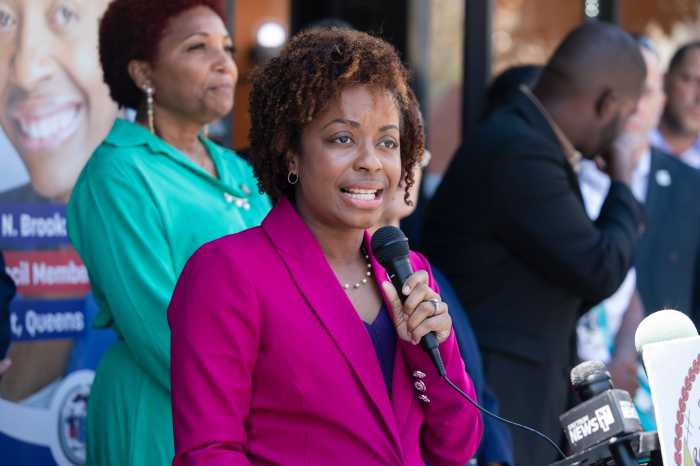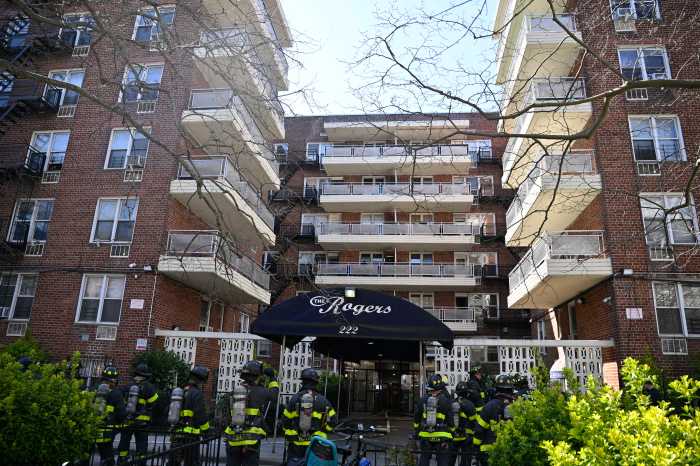
We’re living in the podcast age. With 2,000 to 3,000 new shows launching every month, the medium is known for revealing, raw conversations and for making educational topics more digestible. And what subject do those two features work particularly well for? Food.
As the epicenter of so much food culture, New York is the ideal place to share culinary knowledge and experiences with an audience — that’s why industry professionals have been getting behind the mic for their own podcasts.
From writers who started chasing the question “where does bao comes from?” three years ago, to chefs who are just learning the exact smell that determines a quality pizzeria, one thing’s for sure: food has never sounded so good.
Why they started
These food connoisseurs knew they were entering a saturated market, and had different visions for how to make their episodes stand out. But one thing they all agree on? Food is a universal language that unites everyone.
Chef Marc Murphy — of Food Network’s "Chopped" fame and founder of Landmarc at the Time Warner Center — started “Food360” in June because of his insatiable curiosity.
“I’m very curious, and I think being on ‘Chopped’ for 10 years has made me even more curious,” he said. “We get ingredients that I’ve never seen before or have never cooked with, and then just hearing people’s stories about where they come from and how they’ve gotten into the restaurant industry.

“The name Food360 came because everyone touches food, everyone needs food every day, and it’s the one common denominator everyone has on this planet, so I just wanted to be able to learn about any topic really and look at it through the lens of food, and a podcast was a great way to do that.”
So far he’s had guests like Ample Hills founders Brian Smith and Jackie Cuscuna to discuss everything ice cream, and Scott Wiener of Scott’s Pizza Tours on New York’s best slices.
For Dan Churchill, celebrity chef, TV personality and owner of Charley St in SoHo, starting the podcast “The Epic Table” aligned with his overall mission to “change the world through food.”
"I always try to provide education when it comes to nutrition, food waste and sustainability. Through the work I’ve done with City Harvest and other organizations, I’ve seen the impact that basic understanding in these areas can have,” he said.
“We often have guests on the podcast who are doing their own philanthropic work in the areas of global health, food waste and environmentalism, and in turn the effects of their work on the food system."
He’s interviewed Michael Chernow of The Meatball Shop, who he ran the NYC Marathon with for City Harvest, and even stars such as Naomi Watts and Adrian Grenier, who spoke about business and sustainability.
The sound of food
Food is undeniably a sensory experience, but perhaps its least associated sense is hearing, which is of course the main element of podcasting.
For Brooklyn-based cookbook author Liz Moody, a prolific journalism background made her especially conscious of detailed descriptions for meals on her podcast, Healthier Together, which is centered around cultivating community through health and food.
“The challenge and focus of my writing for years and years has been, ‘how do I bring things to life with my words?’” she said. “And how do I make people feel like they are getting a lot of the experience of eating something, even though they won’t actually be able to get it on their plate? With the best writing and best podcasting, you’re going to be able to inspire someone to bring these elements into their own life.”
Murphy also relied on professional experience to help him bridge the gap between senses. Producers on "Chopped" continuously reminded the chef judges that viewers cannot taste the food, so they have to be very deliberate with the words used to describe what they’re eating.
“That’s something that’s very important to me, especially on the podcast, because you don’t have the visual so you have an even harder time,” he said. “So that’s something I have to keep very much in my mind, even when I’m talking to guests — to ask them to describe what they’re tasting, what it feels like, the flavors.”
For Churchill, the sound of food went beyond descriptions and became quite literal — as he actually cooks with his guests while interviewing them. Because of this, listeners hear the sizzle of garlic and butter in a pan, the closing of the oven door, the juicy slicing into of a piece of fruit, which adds to the experience.
“I wanted to make it feel as if it was a table conversation, that someone was cooking and we’d be asking questions,” he said. “That sound of the sizzle — I want that to make you feel like you’re sitting in your mum’s kitchen listening to her sizzle up some onions. Experiencing the senses makes you feel like you’re there.”

Only in New York
Podcasts “Eat Your Words” and “Feast Meets West” — both based out of Heritage Radio Network in Brooklyn — heavily feature their home city, and the hosts say the energy and cultural diversity of New York really drives their content forward. Eat Your Words features interviews with cookbook authors, while Feast Meets West is an exploration of Asian culture through the lens of food.
“My blog Not Eating Out in New York is what really got me into podcasting in the first place, being a blogger who was writing about home cooking in a city that is perhaps better known for its great restaurants when it comes to food,” said Cathy Erway, host of Eat Your Words. “But whether you’re a home cook, chef, author or farmers market aficionado, we all can find common ground and great conversation through food.”
“Feast Meets West” began three years ago when producer/host Lynda Liu wanted to discover where her favorite Asian foods came from and how they made their way to the U.S.
“The city is definitely a character in the podcast,” Liu said. “All of our guests have to seriously take [it] into account when making food and setting up business operations: How is this dish different in NYC as opposed to how it is made in Asia? Does it meet the high standards of the evolving palettes of New Yorkers? There are always a few minutes each episode where we highlight the joys and challenges of living, eating and working in NYC.”
Moody agrees, and while sometimes the city admittedly presents unique challenges — like trying to record with construction going on outside her apartment — the “hot spot” nature of New York allows her to hear about trends before the rest of the country and “lead conversations” rather than follow them. The convenience of its actual location, with so many industry people based here or traveling here, is also essential.
“I won’t do interviews that aren’t in person,” she said. “I just think the interview quality is so much better, and you can get into those really deep conversations … And living in NYC solely allows me to do that. I don’t think I could live anywhere else and stick to that rule.”
